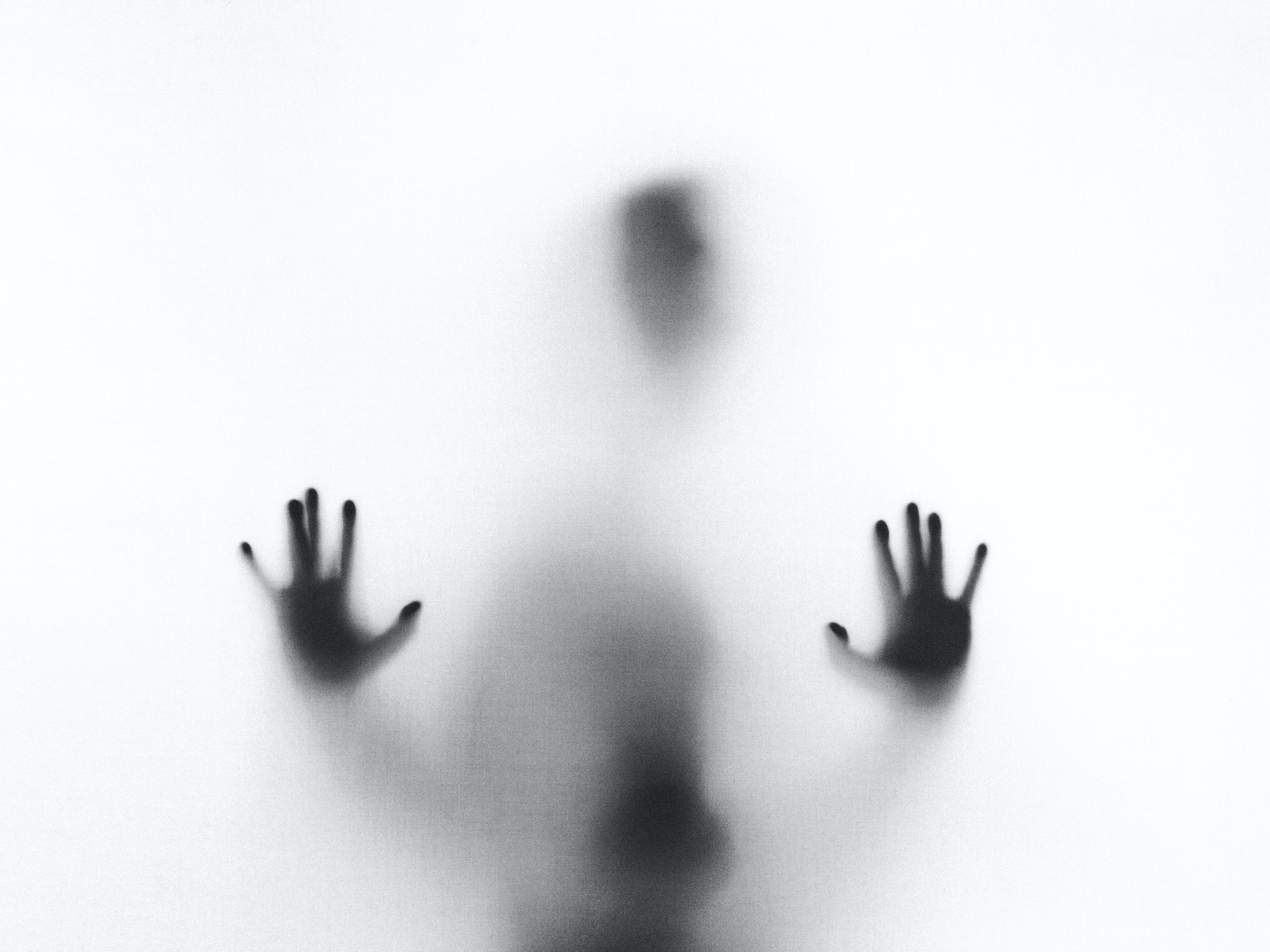
We all struggle with negative feelings. Shame, regrets, worries, guilt, you name it. And very often, instead of facing these feelings, we choose to hide from them. But does it really help us in the end? In this article, Jason Webb, a pastor and a public speaker from Milwaukee, discusses shame and guilt – very common negative feelings among all of us – and suggests how to productively approach them.
I am convinced that if I were to ask you to describe yourself you would have two lists.
The first list is the good list, the list you love about yourself. You would write things like “parent” or “athletic” or “kind” or “successful” or “intellectual”. These are the things you are proud of and should be proud of.
But there is another list, a list that we don’t want anybody to know about but it still exists. We think about it all the time. It’s the things we hate about ourselves. On this list, we would write words like “broken relationships”, “failed dreams”, “worries”, “fears”, “addictions”, “struggles”, “poor self-image”. You know your list. I know my list.
It’s the list that fills you with regret. The list that you hate.
It’s your shame list.
What is shame? Shame at its core tells us that we are the things we hate.
This is the difference between guilt and shame. Guilt says “I did this” but shame says “I am this.”
Guilt is a good thing. Guilt reminds us when we get off track, it’s the Holy Spirit inside of us saying, “This isn’t the way to go, you don’t have to keep going down this road” But shame says, “This is the road you will always be on. There’s no changing now.”
“Shame,” Dr. Brene Brown writes, “is the intensely painful feeling or experience of believing that we are flawed and therefore unworthy of love and belonging – something we’ve experienced, done, or failed to do makes us unworthy of connection….”
In other words, “If you knew this about me, you couldn’t love me.”
Shame forces us into hiding
Since we don’t think we can be loved because of these things, we hide. We do everything we can to make sure that other people can’t see the things we hate about ourselves.
This has been going on since the Garden of Eden. When God created Adam and Eve, he created them without shame. “They were naked and unashamed,” Genesis 3 says, in other words, they were emotionally, spiritually, relationally, and physically naked with each other.
It was a complete vulnerability. They lived by the motto, “What you see is what you get.”
But then they mess up and look at what happens next. “But the Lord God called to the man, “Where are you?” He answered, “I heard you in the garden, and I was afraid because I was naked; so I hid.” (Gen. 3:9)
At that moment shame entered the world. Adam and Eve no longer thought they could be loved for who they fully were.
So they hid. They pretended that what had happened really didn’t happen.
We do the same. And we think we are fooling everybody, even God.
So how do we hide?
We overcompensate. If we think we are extra bad in one area, we try to be extra good in another. It’s as if we are saying to God, “Don’t look at that, look at this instead. See I’m good over here…”
We compare ourselves to others. In other words, we say to God, “I know this isn’t that good, but at least I’m not as bad as her. Comparatively speaking I’m better.”
This is what Adam did. God confronts Adam with his sin, and look at what he does, “Who told you that you were naked? Have you eaten from the tree that I commanded you not to eat from?” The man said, “The woman you put here with me—she gave me some fruit from the tree, and I ate it.” (Gen. 3:11-12)
In other words, “God I know I’m bad, but she’s really bad. I’m better than her.”
My guess is that you have done the same thing. We always look for someone we are just a little bit better than so that we don’t feel as bad about our stuff.
We show just enough. We convince ourselves that we are being completely authentic if we share at least a little of our struggles.
So we let people into our struggles just a little bit, but we only go partway, to reveal it all would be too hard.
Shame loses its power when it is exposed
But it doesn’t have to be this way. You don’t have to hide in your shame.
Dr. Dan Green is right when he says, “Shame loses its power when it’s exposed.”
In other words, we think we need to hide the shameful parts, but when we hide them they only grow. But when we expose them, and invulnerably say “God, I need your help, this is what I am dealing with…” shame starts to fade away and healing can begin.
This is why James says, “Therefore confess your sins to each other and pray for each other so that you may be healed.” (James 5:16)
Healing only comes through honesty.
Shame can only lose its power when it’s exposed.
Where are you hiding thinking that nobody, including God, sees you? He wants to heal you, but he’s not going to force you. He is inviting you out.
So will you step out of hiding?
About Jason Webb
Jason Webb is a Milwaukee-based pastor, public speaker, movement leader, strategic thinker, and a results-driven executive with a proven track record in fundraising. He has helped start multiple churches and non-profit organizations, ran their multimillion-dollar campaigns, and oversaw a complex $12.5 million budget at his last organization. Mr. Webb is also a philanthropist, passionate about helping those in need on a global level.

